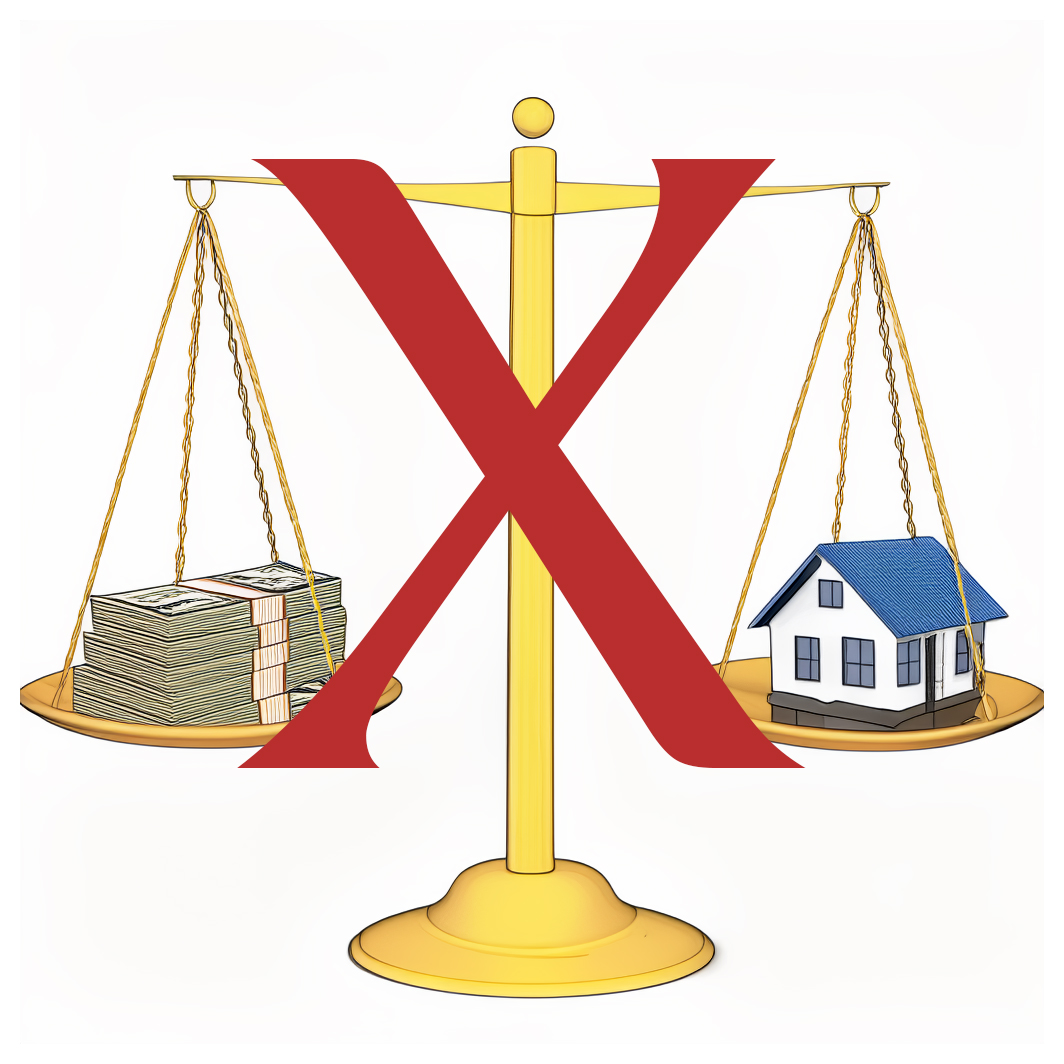Many people have likened a country’s economy to that of a household: you can spend only what you have saved or borrowed. While it is an analogy we can all understand and appreciate, when it comes to a country’s economy, it is wrong. It is an example of a logical fallacy, or flawed argument: the fallacy of composition, specifically, paradox of thrift (Barnes 2021, Farmer 2018, Lavern 2018).
Prime Minister Margaret Thatcher famously said:
“the state has no source of money, other than the money people earn themselves. If the state wishes to spend more it can only do so by borrowing your savings or by taxing you more. [..] There is no such thing as public money; there is only taxpayers’ money.” — 1983
Margaret Thatcher, Speech to Conservative Party Conference, 14 Oct 1983.
She was wrong then, as are all the politicians and economists who promote this myth now. Why?
- The government’s budget is not supposed to balance (like a household), the economy is, which is a balance of money, jobs, and assets (such as infrastructure, affordable housing, healthcare).
- The government does not use money, it issues money (ie. it has monetary sovereignty).
Countries with monetary sovereignty have the ability to print their own currency, and issue it into the economy. This means:
- The money in circulation must already have been printed and issued.
- The amount of government money printed and issued into the economy is a political decision.
- If the population increases by 10% then the government must print and issue 10% more money, in order for the expanded population to have the same standard of living as everyone else.
- Printing money could lead to inflationary problems, so this super-power has to be managed responsibly.
In summary, the government economy is not like a household because it has monetary sovereignty (and prints its own currency). Consequently, a country does not have to tax and borrow in order to spend. In fact a country and spend first, and then tax and borrow if necessary.
See also
- Crisis and Myth: Why Politicians Must Stop Comparing the UK Economy to ‘Running a Household’, by Jack Mosse, in Byline Times, 1 September 2022
- What Are the Pros and Cons of a Balanced Budget?, By Sean Ross, in Investopedia, Updated August 26, 2021
- A brief introduction to Modern Monetary Theory @ gimms.org.uk, April 2019
- “The household fallacy“, Roger Farmer and Pawel Zabczyk, Economics Letters, 2018, vol. 169, issue C, 83-86 (full text)
- “A government is not a household“, Frank van Lerven, Andrew Jackson, New Economics Foundation, 26 October 2018
- “Government-Household analogy” at Wikipedia
- “Are Policy Analogies Persuasive? The Household Budget Analogy and Public Support for Austerity“, Lucy Barnes and Timothy Hicks, British Journal of Political Science , Volume 52 , Issue 3 , July 2022 , pp. 1296 – 1314
- “Governments Are Nothing Like Households“, Frances Coppola, Forbes, Apr 30, 2018
MMT: Government Budgets Are NOT Like A Household (<5 mins)
Stephanie Kelton: The Public Purse (86 mins)

